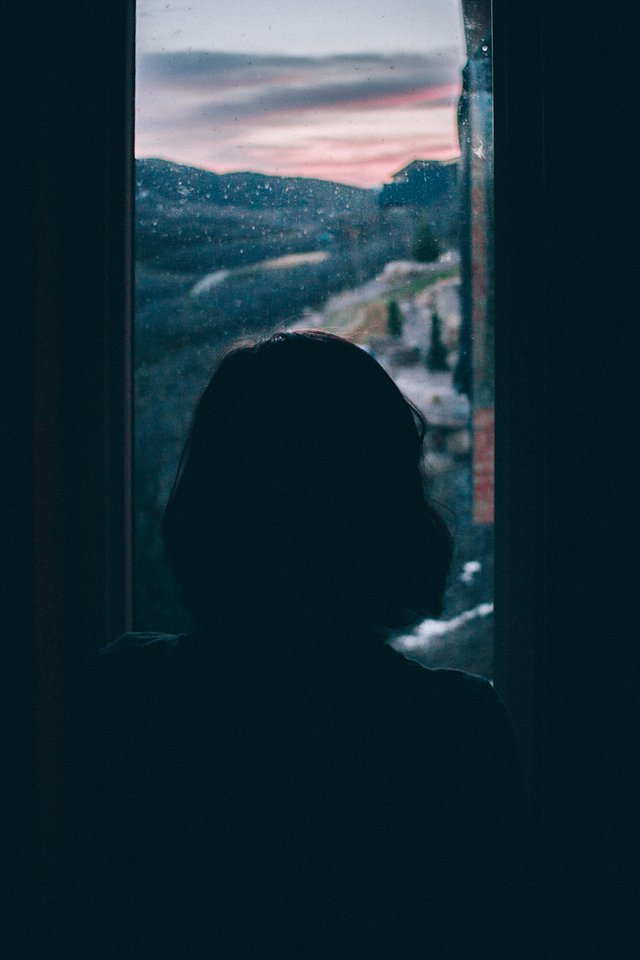Depression- Types, Symptoms and Signs

In my last post I talked about what is depression and some facts related to depression.
Depression is a psychological disorder, which negatively affects how the person feels, think and act. It causes feelings of sadness and/ or loss of interest in activities once enjoyed.
Depression is of different types according to nature of the illness. The most common types are depression are-
- Major Depressive Disorder- it is a more severe form of depression, than other types.
- Dysthymia- It is a long-term depression. It is less severe but persists for two years or more.
- Atypical Depression- Key symptoms are overeating, oversleeping, fatigue and severe mood swings. In typical depression there is pervasive sadness and loss of appetite and sleep.
- Bipolar Depression- Also called as manic depression. There is alteration between periods of clinical depression and extreme elation or mania.
Causes of depression are varied and it is important to figure out the cause as it helps in planning treatment of the disorder.
- Genetic factors- depression is said to run in families. Researchers are trying to find genes that may be involved.
- Hormones- Changes in the hormonal balance may trigger depression. Changes in hormones can be due to thyroid problems, menopause, etc.
- Life events- Traumatic life events such as loss of a loved one, academic stress, financial problems or any childhood trauma can trigger depression.
- Biological differences- People with depression have physical changes in their brain; it may help in pinpointing the cause.
- Brain chemistry- Neurotransmitters (brain chemicals) imbalance, may cause depressive symptoms.
Some of the common signs and symptoms of depression are-
- Feeling anxious, sad and ‘empty’ persistently.
- Feelings of hopelessness.
- Restlessness or irritability.
- Feelings of worthlessness, guilt or helplessness.
- Fatigue or tiredness.
- Loss of interest in normal activities.
- Slowed thinking and speaking.
- Change in appetite- can be reduced or increased.
- Trouble concentrating and remembering things.
- Sleep disturbance- generally insomnia.
- Unexplained physical problems.
- Frequent thoughts of death, suicidal thoughts. Sometimes suicide attempts.
Depression can affect individuals with any age and symptoms of depression in children and teens are bit different, mostly the symptoms are same to those of adults’ but some differences are-
- In younger children symptoms may include clinginess, aches, refusal to go to school, being underweight, etc.
- In teens, symptoms may include sadness, irritability, feeling negative, poor performance or poor attendance at school, feeling misunderstood, using drugs or alcohol, self-harm, avoidance of social interaction, etc.
My aim of the post is the spread awareness about depression. In my next post I will be talking about the treatment options for depression.